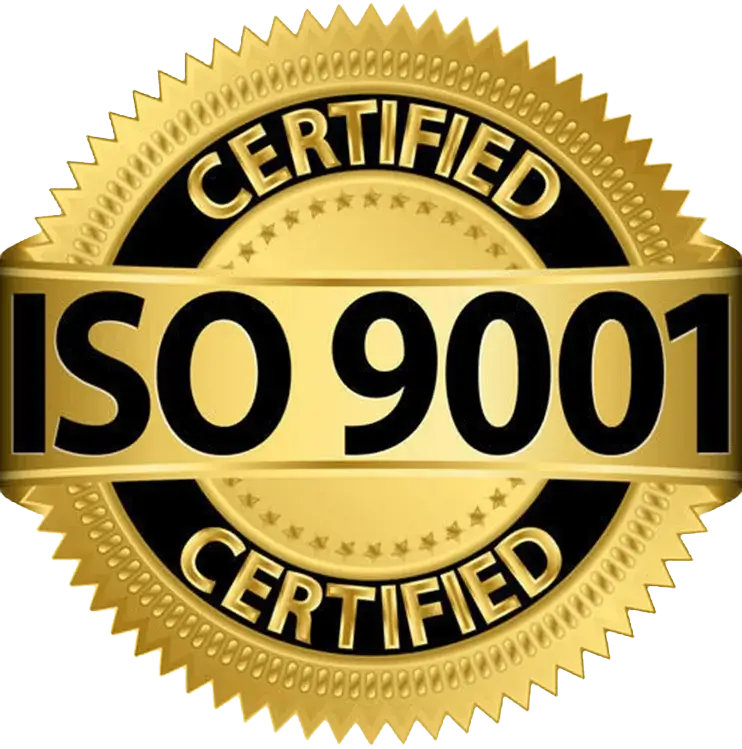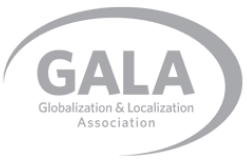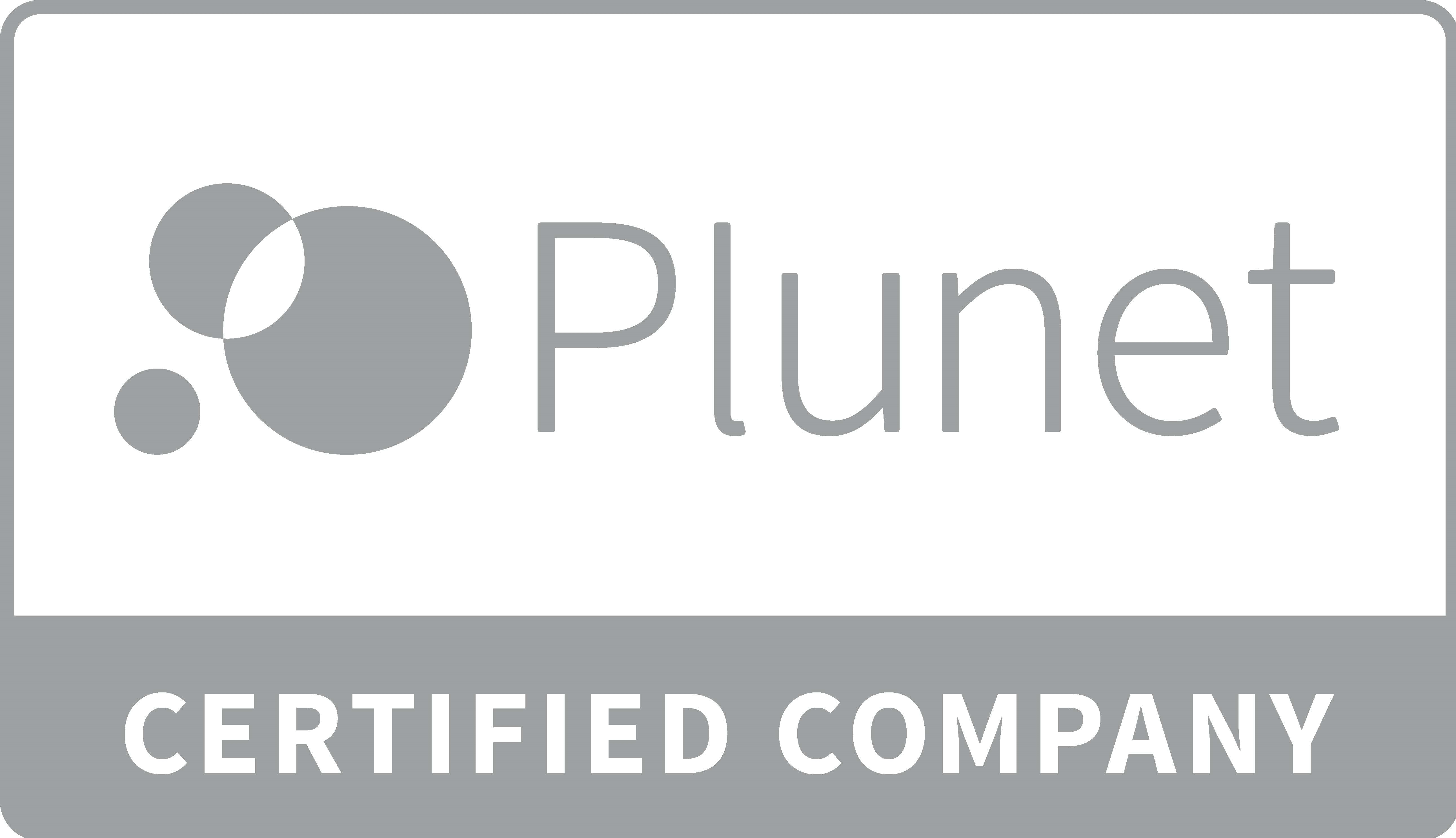Professional translation is far from being a simple task: delivering material with a high standard of quality involves the work of specialists in various areas. This is why good agencies are characterized by viewing translation as a demanding process, rather than an isolated activity in which a single professional bears full responsibility for all of the work.
In other words, agencies rely on the involvement of professionals in different areas at various stages, which minimizes the chances of human errors by making it possible to identify problems and/or improvements throughout the process.
Getting to know the structure of a translation agency is the first step to understanding the importance of this multidisciplinary team. For this reason, we have outlined the work of each of these areas below:
Commercial Team: responsible for contact with the client, understanding needs, preparing a quote according to the scope and delivery deadline needs, and following up on the negotiation to turn the demand into a project.
Project Managers: monitor the whole translation process, from receipt of the request to delivery of the finished file. They also plan and prepare instructions for the contracted service, supported by a translation project management tool that allows for tracking each stage of the process. Project Managers manage stages within an agreed-upon timeframe, allocate resources according to the specific area of knowledge and provide instructions based on the specific details of each project. They are also responsible for aligning communications with all professionals involved in the job, as well as with clients for resolving any uncertainties, receiving and applying feedback.
Translators: hired on demand, these professionals must pass a test to be approved and registered in the agency’s database according to their areas of specialization and the tools they work with. They are native speakers of the language into which the text will be translated, with extensive linguistic expertise in both the source language and the target language. Their role is to translate the requested content in a manner that conveys the message accurately, researching terminology and contextual factors related to the subject matter, and to follow the instructions and/or any reference materials provided.
Editors: like translators, editors are also hired on demand and must pass a test to be approved and registered in the agency’s database. In keeping with the aforementioned rule, these professionals must be native speakers of the language into which the text is being translated, with extensive linguistic expertise in both the source language and the target language. They are responsible for reviewing the translation and correcting possible errors in transmitting the message, as well as improving textual quality. They also ensure that terminology is compatible with the market segment in question and that all provided instructions and references have been followed properly by the translator.
Quality Assurance (QA) or Quality Control: in-house team responsible for ensuring a high standard of quality in the final delivery of all projects. The QA role is to check whether translated text contains spelling or grammar errors, if industry-specific technology was properly used, and if the instructions and any reference materials sent by the client were followed. QA personnel also analyze, respond to and apply feedback received from the client, as well as giving freelancers feedback based on the agency’s internal evaluations.
Technical Department (DTP): a department formed by experts in translation tools and DTP. They work with files sent by clients, which may be in editable format (DOC, PPT, PSD, XLS, etc.) or not (PDF, JPG, etc.) They are responsible for conducting a detailed analysis of the material and importing the content into translation programs to run a word count that will determine the quote for the project. They also provide technical support for any problems or issues that in-house staff and/or freelancers run into with these tools. Finally, they are trained to handle typesetting of final translated files, thereby ensuring that the layout is delivered as requested by the client: in edited text or with the same layout as the original.
Advantages of a multidisciplinary team
Relying on professionals that handle different stages of the translation process represents certain advantages for the client. The first of them, for example, is independence in selecting a provider. If any unforeseen circumstances arise with the initially contracted translator or editor, the Project Manager can allocate new resources immediately, transferring the project information to a new team, according to the content. This keeps the quality and deadline from being affected.
Another benefit that warrants mention is high production capacity, given that professional agencies rely on a database of approved translators, residing in different countries and specialized in different market segments. This makes it feasible to divide the project among several translators simultaneously, using clear criteria for maintaining consistency and quality control.
Moreover, with the presence of a multidisciplinary team to discuss different aspects of the project, risks that could impact the final text quality can be anticipated, and pre-tested solutions can be presented to the client.
Finally, contact with the Sales team, later taken over by the Project Manager, who screens all communication to and from the Production team, ensures assertive, direct communication with everyone involved in the project, including the end customer.
About Netwire
Created in 2000, Netwire is the Latin American market leader, offering translations into any language. With offices in Brazil and Argentina, the company serves approximately 25 market segments and has a network of hundreds of tested native translators, residing all over the planet. In the past five years alone, Netwire processed over 110 million words, delivering an average of 400 projects per month.








